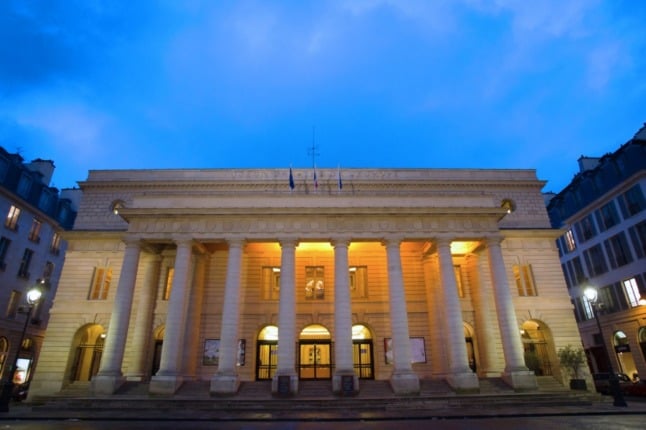The show, “Lost in Translation”, premieres on Friday, providing just the antidote for anyone who has found the experience of living in Sweden to be “overwhelming, confusing, and frustrating”.
The show tackles the peaks and troughs of life as a foreigner in Sweden, based on experiences drawn on from actor Josh Lenn, a US native who’s been in Stockholm for the past few years.
With the show offering the chance to “laugh at our cultural differences with these special people called Swedes”, The Local talks Lenn about the show, life in Sweden as a Californian, and the importance of saying “yes”.
The Local: How and when did you get the idea for this show?
Josh Lenn: I have been here four years now and I’ve been faced with some tough challenges as well as amazing moments. I have met so many expats who have similar experiences and challenges when making a life in Sweden.
A lot of this stems from our cultural differences with Swedes, who have strong social norms. Integration can be difficult. About a year ago I realized I wanted to put this on stage, and theatre is a great forum to not only laugh at these differences, but potentially understand them better.
TL: As you see it, what is the toughest thing about being an American in Sweden?
JL: Being from California, the obvious answer is the weather. But, the big thing when I moved here was missing small talk. I think a lot of Americans crave that.
TL: Why will this show appeal to non-American expats living in Sweden?
JL: This show will hopefully be fun for anyone who has moved here from another country. Also, it will hopefully be fun for Swedes who are open to taking a look at themselves from another perspective.
TL: Why is improvisation a useful way of exploring the challenges of navigating life in Sweden as a foreigner?
JL: One of the fundamentals of improv is to say “yes”, which basically means to accept what is given to you. As we get older, we learn how to say “no” more and more. So, by practicing improv regularly you work out your “yes” muscles and you learn to be more accepting. That attitude helps a lot when you are faced with change and things that are different.
Improv also tends to be funny. So it is a great vehicle to provide laughter for situations when you might normally feel frustration.
TL: Tell us a little bit about the cast? Who are they and what do they know about being ‘lost in translation’ in Sweden?
JL: The cast is made up three amazing Swedish improvisers, Robert Weitz, Veronica Bergström and Katarina Wahlberg, me, and a great musician Maria Olofsson. They are very brave for being willing to put their “Swedishness” under the microscope and take a look at themselves with different eyes. Some of them have lived abroad as well.
TL: What sort of reactions have you gotten in the run-up to the show’s opening?
JL: So far the reaction has been very positive. The first two shows have already sold out, which is a great sign. It feels like the concept resonates with people, and that’s fun.
TL: Is there any chance the show will continue? Any thoughts about taking it elsewhere in Sweden?
JL: There is a good chance the show will continue. Especially if we keep selling tickets. We have not thought too far in advance about taking it somewhere else, but we are very open to it.
“Lost in Translation” is showing on October 19th, November 23rd, and December 7th at the Improvisation & Co. theatre at Hagagatan 48 in Stockholm’s Vasastan neighbourhood. The October and November shows are sold out, but tickets are still available for the December 7th show (see link below)



 Please whitelist us to continue reading.
Please whitelist us to continue reading.
Member comments